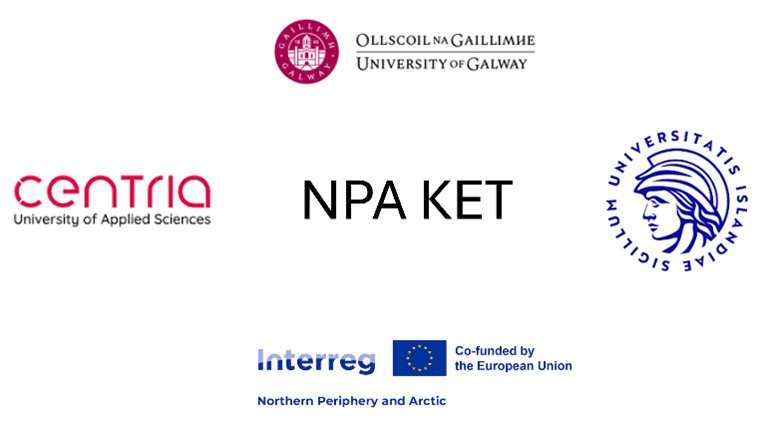-
Courses

Courses
Choosing a course is one of the most important decisions you'll ever make! View our courses and see what our students and lecturers have to say about the courses you are interested in at the links below.
-
University Life

University Life
Each year more than 4,000 choose University of Galway as their University of choice. Find out what life at University of Galway is all about here.
-
About University of Galway

About University of Galway
Since 1845, University of Galway has been sharing the highest quality teaching and research with Ireland and the world. Find out what makes our University so special – from our distinguished history to the latest news and campus developments.
-
Colleges & Schools

Colleges & Schools
University of Galway has earned international recognition as a research-led university with a commitment to top quality teaching across a range of key areas of expertise.
-
Research & Innovation

Research & Innovation
University of Galway’s vibrant research community take on some of the most pressing challenges of our times.
-
Business & Industry

Guiding Breakthrough Research at University of Galway
We explore and facilitate commercial opportunities for the research community at University of Galway, as well as facilitating industry partnership.
-
Alumni & Friends

Alumni & Friends
There are 128,000 University of Galway alumni worldwide. Stay connected to your alumni community! Join our social networks and update your details online.
-
Community Engagement

Community Engagement
At University of Galway, we believe that the best learning takes place when you apply what you learn in a real world context. That's why many of our courses include work placements or community projects.
Interreg Northern Periphery and Arctic - MakerSpace Project
Interreg Northern Periphery and Arctic MakerSpace Project
NPA KET is a preparatory project (#NPA0200058) funded by the European Union’s Northern Periphery Artic region to undertake a value chain analysis of transdisciplinary “KET-enabled” makerspaces. The preparatory project is jointly implmented by partners from the University of Iceland and Centria University of Applied Sciences in Finland.
The “Green Deal” challenges academia and SMEs in European regions to transform economies by innovation. This, once in a generation challenge, requires new innovative capacities. Remote NPA regions require dedicated spaces for making objects – which we describe as makerspaces. Makerspaces allow multidisciplinary concepts to be investigated using digital tools in a laboratory environment. Providing access to these tools will inspire the next generation to scale concepts in future production environments. The competitiveness realised by such makerspaces depend on the deployment of disruptive tools based on key enabling technologies (KET-enabled makerspaces). The ability to apply disruptive technologies or KETs (eg. advanced materials, printed electronics, photonics, robotics, connectivity, & artificial intelligence) presents an opportunity for resource efficient innovation which can increasingly inspire young people to commit to raising the competitiveness of SMEs across the NPA region.
Objectives
The objective of this project is to understand how a broad constituency of stakeholders across the NPA region can contribute to, and apply, KET-enabled makerspaces to contribute to the innovation capacity of region. The project will apply a value chain analysis methodology to identify how KET-enabled makerspaces can best meet the expectations of regional stakeholders. The main output of the project will be a heat map in the form of a transnational value chain. This output will assist each partner to identify transnational actions and relevant to future key stakeholders which will serve as inputs to a full NPA inter-regional project.
Acknowledgements
NPA KET is a preparatory project (#NPA0200058) funded by the European Union’s Northern Periphery and Artic region to undertake a value chain analysis of transdisciplinary “KET-enabled” makerspaces. The preparatory project is jointly implemented by partners from the University of Iceland and Centria University of Applied Sciences in Finland.
















